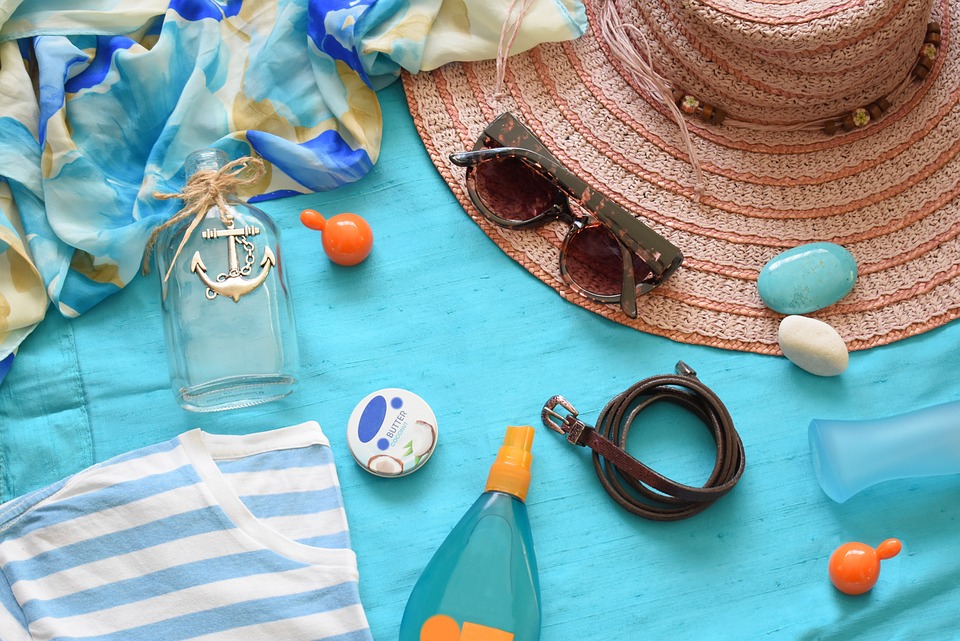As summer approaches, the sun invites us to bask in its warm glow, but it also reminds us of the importance of sunscreen. Protecting our skin from harmful UV rays is essential to prevent sunburn, premature aging, and skin cancer. However, many of us may overlook a crucial factor in our sun protection regimen: the expiration date of our sunscreen. Is that bottle you bought last summer still effective? Let’s delve into the truth about expiration dates and the longevity of sunscreen products.
The Importance of Sunscreen
Before exploring expiration dates, let’s briefly revisit the vital role sunscreen plays in skin health. Sunscreens come in various forms—creams, lotions, sprays, and sticks—and contain active ingredients that either absorb, reflect, or scatter UV radiation. Broad-spectrum sunscreens protect against both UVA and UVB rays, crucial for safeguarding your skin.
As dermatologists frequently remind, using sunscreen consistently can significantly reduce the risk of skin cancer, protect against sunburn, and slow down the skin’s aging process. Thus, ensuring your sunscreen is effective is paramount.
Understanding Expiration Dates
Many people assume that all lotions and potions have an endless shelf life, but this is not true for sunscreen. The U.S. Food and Drug Administration (FDA) mandates that all sunscreen products be labeled with an expiration date. This date indicates the period during which the manufacturer can guarantee the sunscreen’s effectiveness and stability.
Typically, sunscreen can remain effective for a period of three years from the date of manufacture. However, if a product is exposed to extreme temperatures or direct sunlight, its efficacy may diminish more quickly. Thus, even if a sunscreen hasn’t reached its expiration date, improper storage can compromise its protective qualities.
What Happens After Expiration?
Once sunscreen reaches its expiration date, the active ingredients may begin to break down, leading to diminished effectiveness. Research indicates that expired sunscreens cannot provide the same level of protection promised before the expiration date, which can leave users vulnerable to sun damage.
Moreover, the preservatives used in sunscreen may lose their potency over time, potentially allowing bacteria and fungi to grow. Using expired products can result in skin irritation or allergic reactions. To ensure you are fully protected, it’s vital to dispose of any sunscreen that has surpassed its expiration date.
Recognizing Signs of Ineffectiveness
Besides checking the expiration date, there are practical steps you can take to assess the efficacy of your sunscreen:
-
Texture and Consistency: If your sunscreen has changed in texture—becoming lumpy, separated, or significantly thicker or thinner—it may be a sign that it has spoiled.
-
Smell: A change in scent—especially if it smells off or unusual—can indicate that the sunscreen has gone bad.
-
Color Change: If the color of the sunscreen has altered dramatically, it’s worth reconsidering its usability.
- Packaging Integrity: Check for broken or damaged packaging that could compromise the product’s quality.
Best Practices for Sunscreen Storage
To maximize the effectiveness of your sunscreen and extend its shelf life, consider these storage tips:
-
Keep Away from Heat: Store sunscreen in a cool, dry place, away from direct sunlight and extreme temperatures, such as in a car or near the stove.
-
Seal Tightly: Always close the cap tightly after use to prevent contamination and moisture from getting in.
- Mark the Purchase Date: If your sunscreen doesn’t have an expiration date or if you transfer it into a travel container, consider marking the purchase date on the label.
Conclusion
As you prepare for sunny days ahead, ensure that your sunscreen is effective and safe to use. Pay attention to expiration dates and any changes in texture, smell, or color. Given the crucial role of sunscreen in protecting your skin from harmful UV rays, it’s worth investing in new, high-quality products if your last bottle is expired or showing signs of deterioration. Prioritizing skin health means understanding the importance of effective sun protection, and checking that beloved bottle of sunscreen should be part of your summer routine!
